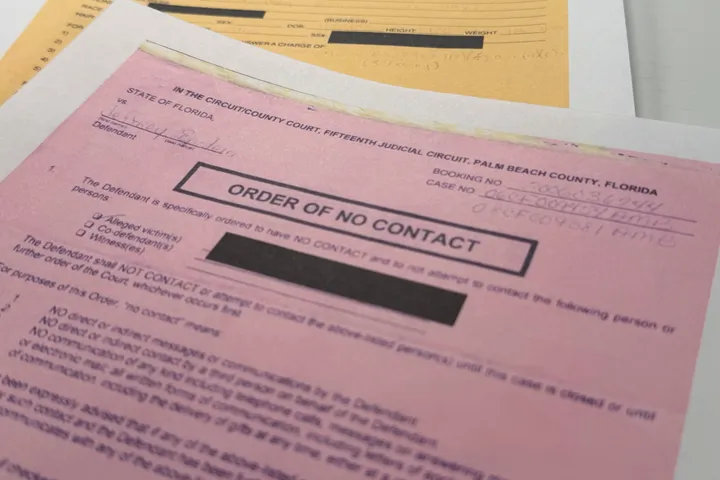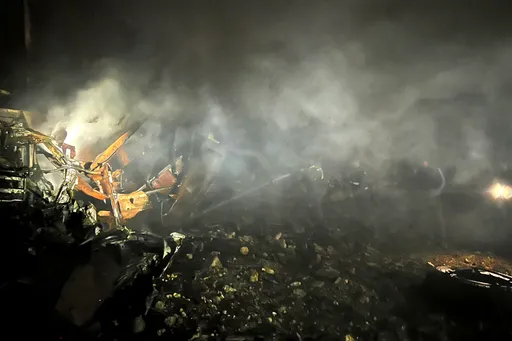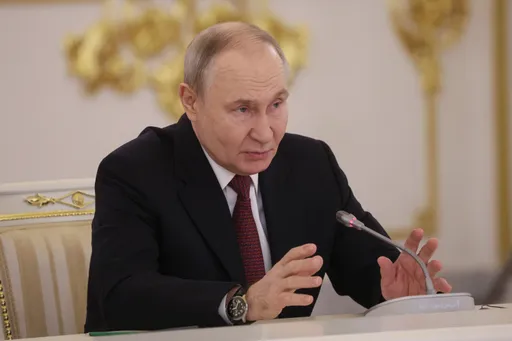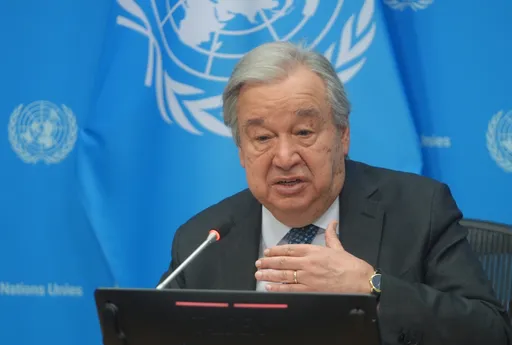Protesters have rallied in Bangkok for what organisers hope will be the biggest demonstration in years to demand the removal of former junta leader and now military-backed Prime Minister Prayuth Chan-ocha, a new constitution and elections.
Some Thai protest leaders have also demanded reforms to curb the power of King Maha Vajiralongkorn's monarchy and have vowed to keep up those calls in spite of official pressure to stop.
Hundreds of protesters gathered under light drizzle on Saturday around the campus of Thammasat University, long seen as a hotbed of opposition to the military and royalist establishment.
Protesters were allowed in despite the university having previously said they could be barred.
READ MORE:Scores protest against Thai government in Bangkok
Growing protests
Demonstrations have built since mid-July. The biggest so far drew 10,000 in Bangkok last month, but protest leaders have said they expect this one to be much bigger.
The core demands declared by the protesters in July were the dissolution of parliament with fresh elections, a new constitution and an end to intimidation of political activists.
They believe Prayuth, who as then-army commander led a 2014 coup toppling an elected government, was returned to power unfairly in last year’s general election because the laws had been changed to favour a pro-military party. A constitution promulgated under military rule is likewise undemocratic, they charge.
“Today the people will demand back their power,” Arnon Nampa, a human rights lawyer who has emerged as a leading figure in the protest movement, said on Twitter.
In addition to the students who began the protest movement, people had come from other parts of Thailand.
"The government is cheating and we want to get rid of them," said Patricia Phakkhaphinya, 35, who had come from Surat Thani, in southern Thailand.
"Everything is down and people have no money."
Parit "Penguin" Chiwarak, one of the protest leaders, told Reuters, he believed as many as 100,000 people could show up. Police said they expected up to 50,000 to join the protest.
READ MORE:Anti-government fun run draws thousands of defiant Thais
Calls for monarchy reforms 'unacceptable'
Thai politics has for years been marked by challenges to the royalist and military establishment by politicians backed by poor urban and rural voters, and more recently by the student protesters.
The military, which proclaims itself the defender of the country's core institutions, in particular the monarchy, has stepped in to overthrow civilian governments numerous times, most recently in 2014, citing the need to maintain stability.
Prayuth has said the government would allow protests as a form of free speech, but that demands for reform of the monarchy were not acceptable.
Parit said the demands would be reiterated this weekend.
On Thursday, Prayuth warned the protesters against raising the risks of spreading the novel coronavirus and urged them to put the health crisis before politics.
READ MORE:First case of new virus behind China outbreak found in Thailand - WHO
Police said they were deploying 10,000 officers on Saturday. Police spokesman Kissana Phathanacharoen told reporters: “I want to tell them (protesters) that it’s not right to do anything too extreme, anything illegal.”
Future Forward Party
Students launched the protest movement in February, with rallies at universities around the country in reaction to a court ruling dissolving the popular Future Forward Party, and banning its leaders from political activity for 10 years.
READ MORE:Thai court orders popular opposition party dissolved
The party won the third-highest number of seats in last year’s general election with an anti-establishment stance that attracted younger voters, and it is widely seen as being targeted for its popularity and for being critical of the government and the military.
But public protests were suspended in March when Thailand had its first major outbreaks of the coronavirus and the government declared a state of emergency to cope with it.
The emergency decree is still in effect, and critics allege it is used to curb dissent.























